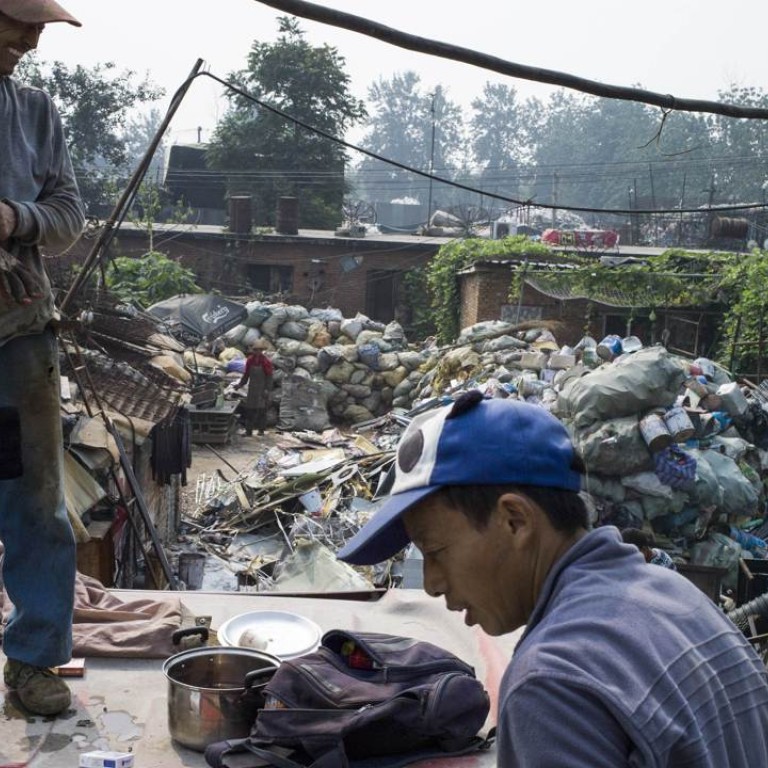
Can investors get compensation from firm delisted by Hong Kong exchange?
China Metal Recycling raised HK$1.69 billion in 2009 listing as share price doubles in five months
Delisting has become the latest weapon of Hong Kong’s stock exchange to punish companies which gained a coveted listing through fraud, a move that hopefully could scare away on others from using the same trick.
The exchange said recently it decided to cancel the listing of China Metal Recycling (Holdings), whose shares have been suspended from trading, because it “obtained its initial listing by fraud” and is no longer suitable to be listed in the market.
The verdict came after the Securities and Futures Commission in February won a landmark court order to wind up the firm.
While the company claimed to be mainland China’s largest recycler of scrap metal, the SFC investigation showed China Metal Recycling had overstated its sales by about 46 per cent, or HK$8 billion, and its gross profit by 72 per cent, or HK$1 billion, between 2007 and 2009 ahead of its listing in June 2009.
Some readers may think it is natural that after China Metal Recycling went into provisional liquidation, it will be delisted.
But in fact, that is not usually the case. Many listed companies went into provisional liquidation such as Ocean Grand, Ocean Grand Chemicals, Fu Ji Food and Catering Services all found a white knight to inject new business and assets and were able to resume trading.
For the simple fact is that if a company is liquidated, the retail investors get back almost nothing. A white knight who injects new funding and business in the firm would increase the value of the company and small investors are better off this way.
Therefore, the stock exchange would let the liquidators find a white knight for these companies. Many liquidators said the most valuable asset for these troubled firms was their listing status.
Companies that seek a takeover of a listed company as a backdoor listing are willing to pay between HK$200 million to HK$600 million, which is good news for creditors and shareholders.
An insider who is familiar the situation said the key reason for the stock exchange opting to cancel China Metal Recycling’s listing is due to the fact that it secured its listing by boosting its turnover and profit. Otherwise, it was not qualified to list. Delisting also prevents the major shareholders to gain a profit through a takeover.
A similar situation happened when the stock exchange delisted sport fabric maker Hontex International in September 2013. After trading for only 64 days, Hontex was suspended in March 2010 after the SFC alleged it overstated its profit and turnover figures.
In June 2012, the SFC successfully applied to the High Court to order Hontex to refund HK$1.03 billion it raised from the IPO to small shareholders through share buybacks.
We have not seen the SFC apply to the High Court to seek a refund for investors of China Metal Recycling after it raised HK$1.69 billion in its IPO. UBS was the investment bank that acted as sponsor for its listing.
Its offer price had been set at HK$5.18 a share, but investors in that era were so keen about its shares the stock price doubled to HK$11.38 in just five months of trading.
We would like to see the SFC to continue to fight to compensate investors.

